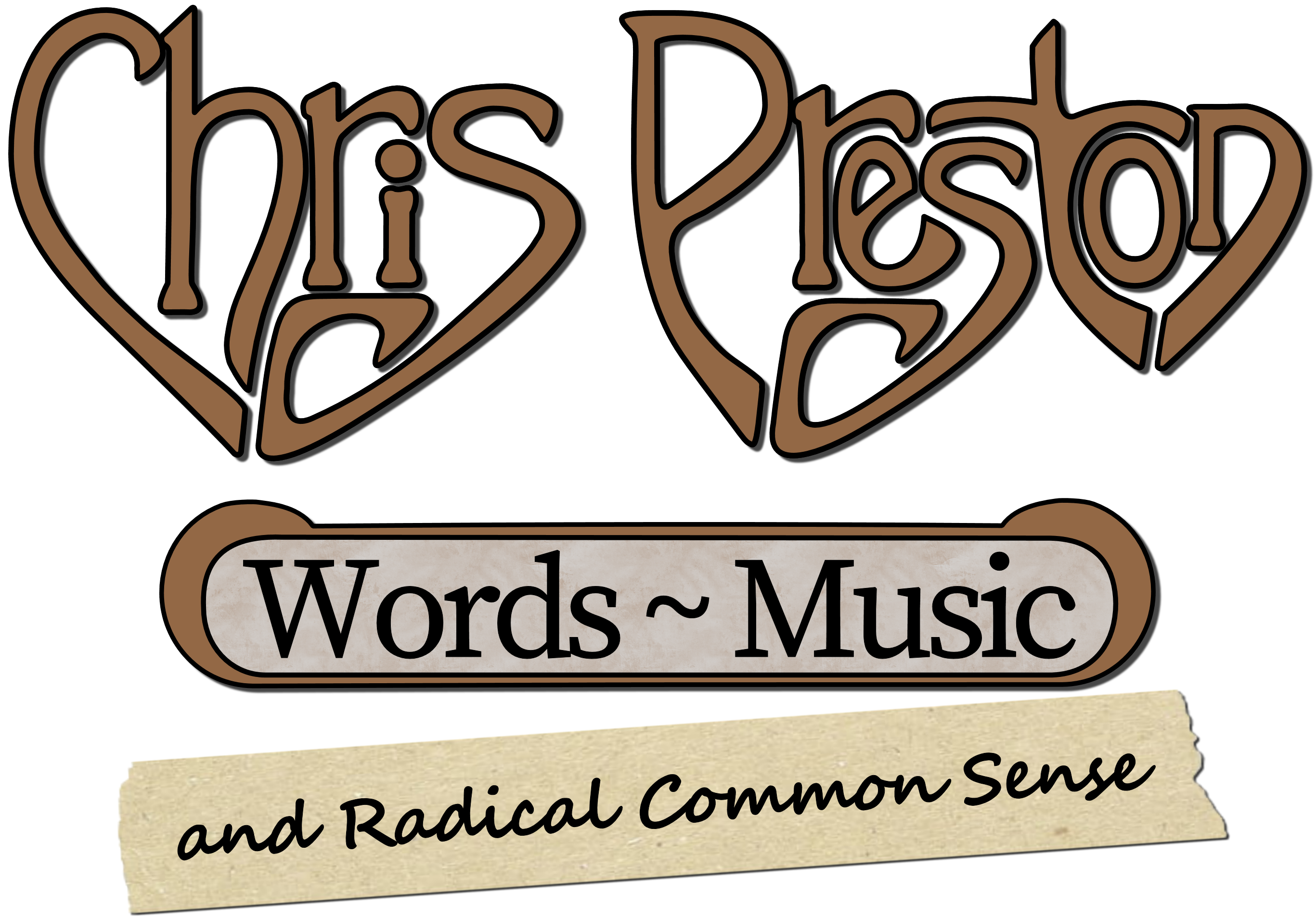Shortly after the election this month, I read about our national mourning. The article aptly asserted that millions of Americans had experienced a death: the death of a dream. The writer was referring to the emotional devastation so many were feeling about their candidate’s loss. It had been unthinkable in view of the seemingly unprecedented euphoria and downright unbridled optimism that seemed to propel us all throughout her tireless campaign. The dream the vice president represented wasn’t simply that the exhaustion and anguish would be over, but that somehow our country would feel like home again. We had missed it so. Instead, we heard its death rattle. Incredulous, we struggled to steady ourselves.
The decaying soul of America, in all of its weakness, fear, cruelty, pettiness, intolerance and ignorance, has finally realized its Pyrrhic victory. The dream was that Americans would be incapable of wearing their turpitude like a badge when truly put to the test. The dream was one of eager anticipation, safety and enthusiasm – that a long, dark night was giving way to a morning of brilliance and promise. The dream was that our constitution was our protection and that we were still a beacon to the world. Now that it’s over, the whole affair seems clearer to me than ever. The dream was actually a delusion perpetuated by any number of popular tropes that not only form the basis of the indoctrination of American children from their first moments of national consciousness, but are also dangled in front of the noses of anyone who longs to live here. Freedom. Equality. Justice. Indivisibility. Equal protection under the law. The melting pot. Lamps lifted beside golden doors. All of these, at long last, have been exposed in their flimsiness. Their inherent conditionality no longer a whisper among the privileged. What we truly are has been unabashedly proclaimed, and what was once rejected out of conscience, principle and perhaps the indoctrination itself, is now, after a seemingly interminable series of attritions, exalted.
The cold truth at play, unattributed in my mind until I discovered that it was a paraphrasing of something Thomas Jefferson said, is this: “The price of liberty is eternal vigilance.” The price was just too high. Too many Americans were too easy to manipulate. So they let it slip away for all of us. As the election totals came in, I saw one news commentator deliver the understatement of the century. He was pointing to a map turning blood red. “Unlike the blue regions, the rural areas, where populations are typically less educated, remain reliably conservative.” Conservative is such a clever euphemism. They use it all the time to describe any number of long-standing problems at the heart of the American myth. To embody the myth, you must be a certain breed of villain or a certain breed of fool. Our predicament, now brought into specific relief, has long been in plain sight. American culture is in part enabled by American liberties and protections, but the eternal vigilance required to safeguard them is prohibited by the culture itself. The American everyman is no longer capable of the level of intelligence and commitment that Jefferson’s adage demands. Where historically even the everyman would be heroic when pushed to the brink of catastrophe, untold millions of them have now managed to subjugate even the most latent and basic of their values to preserve not their liberties, but the shallow veneer of their culture. Over the most recent generations, they sat idly by while the stars to aligned to manifest our forewarned undoing. So psycho-emotionally disfigured by a culture of cognitive dissonance that pits their cynical complacency against the naivete of hope for a windfall, they sold out. Not over the price of a carton of eggs, as the cover story went, but for a golden opportunity to be free at last of that crippling responsibility of eternal vigilance in the modern age.
Last summer, I visited George Washington’s Mount Vernon estate near Alexandria, Virginia. I was despondent over the first presidential debate and debated myself about whether I should even make the trip in view of what had certainly become a somber view of my country’s future. And while the sobering echoes of American hypocrisy still rattle about the slave quarters on Washington’s property and around the memorial of mostly unmarked graves in the woods at its edge, there was some hint of American virtue to be gleaned from the speeches of our tour guides. When our group reached the first president’s office, it was explained to us how Washington, despite how he had been celebrated, rejected outright any hint of coronation in name or appearance. As he neared the end of his life, he refused a third term as president, because he wanted to live to see the system work. It was not guaranteed. Even George Washington could not bring himself to assume. We have not only mastered that skill as a nation but also the many shameful atrophies that support it.
Later that week, at the National Archives in Washington, D.C., I saw the original American constitution, laid out under glass in a grand, dimly lit and cavernous hall. Just as the document’s metaphorical guardians down the street would so critically forsake it later that summer, its actual guardians at the National Archives were no less ineffectual. As I waited my turn to see the original constitution close up, I could only watch as cretin after cretin leaned into the case to take the flash photographs that so many prominently posted signs had prohibited. The parchment is faded almost to a point of illegibility now, which I found to be doubly poignant. I can still see the Rotunda in my mind. It was like a wake for a funeral, upon the death of a dream.


Leave a Reply